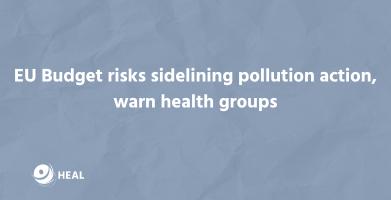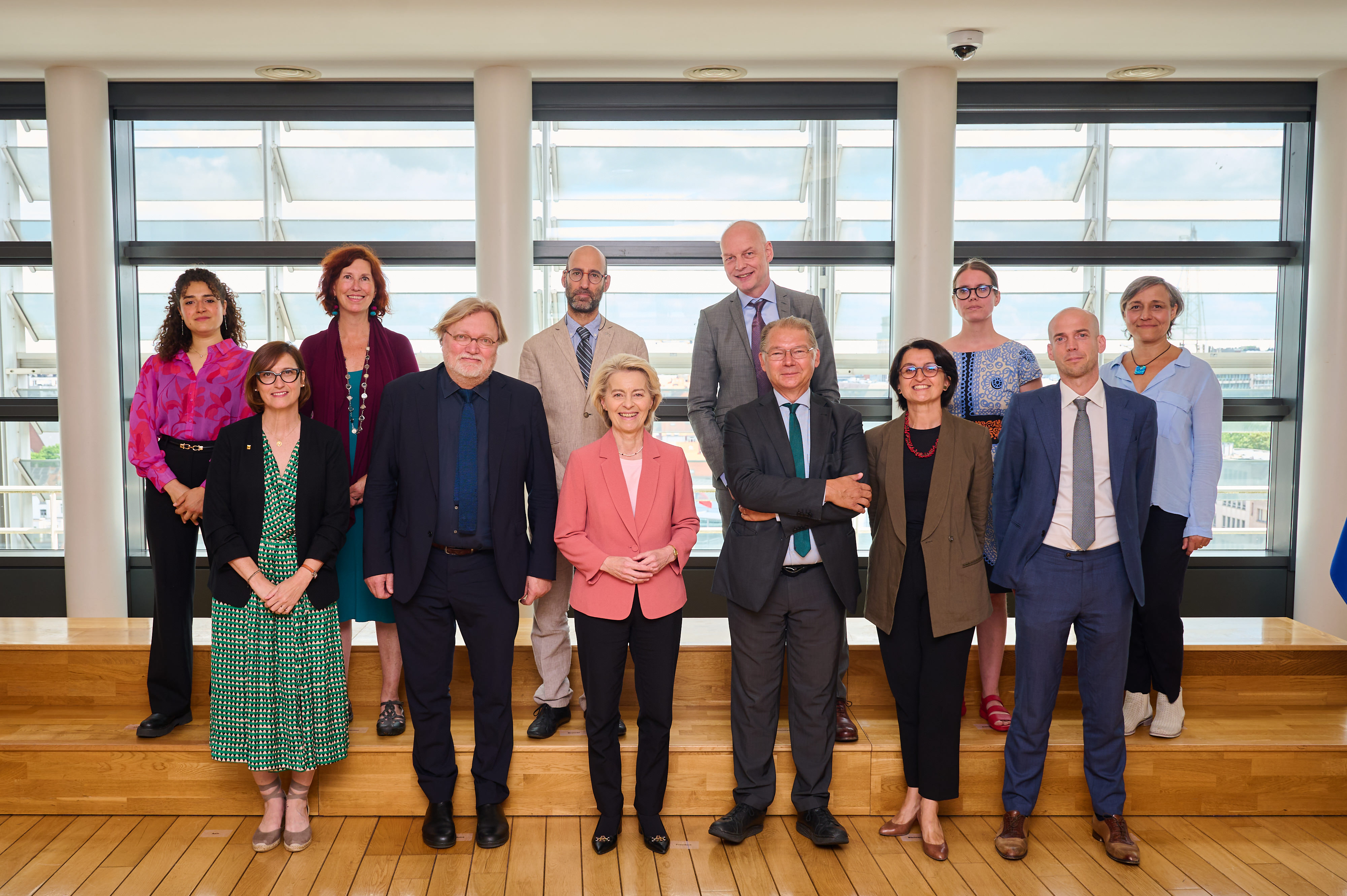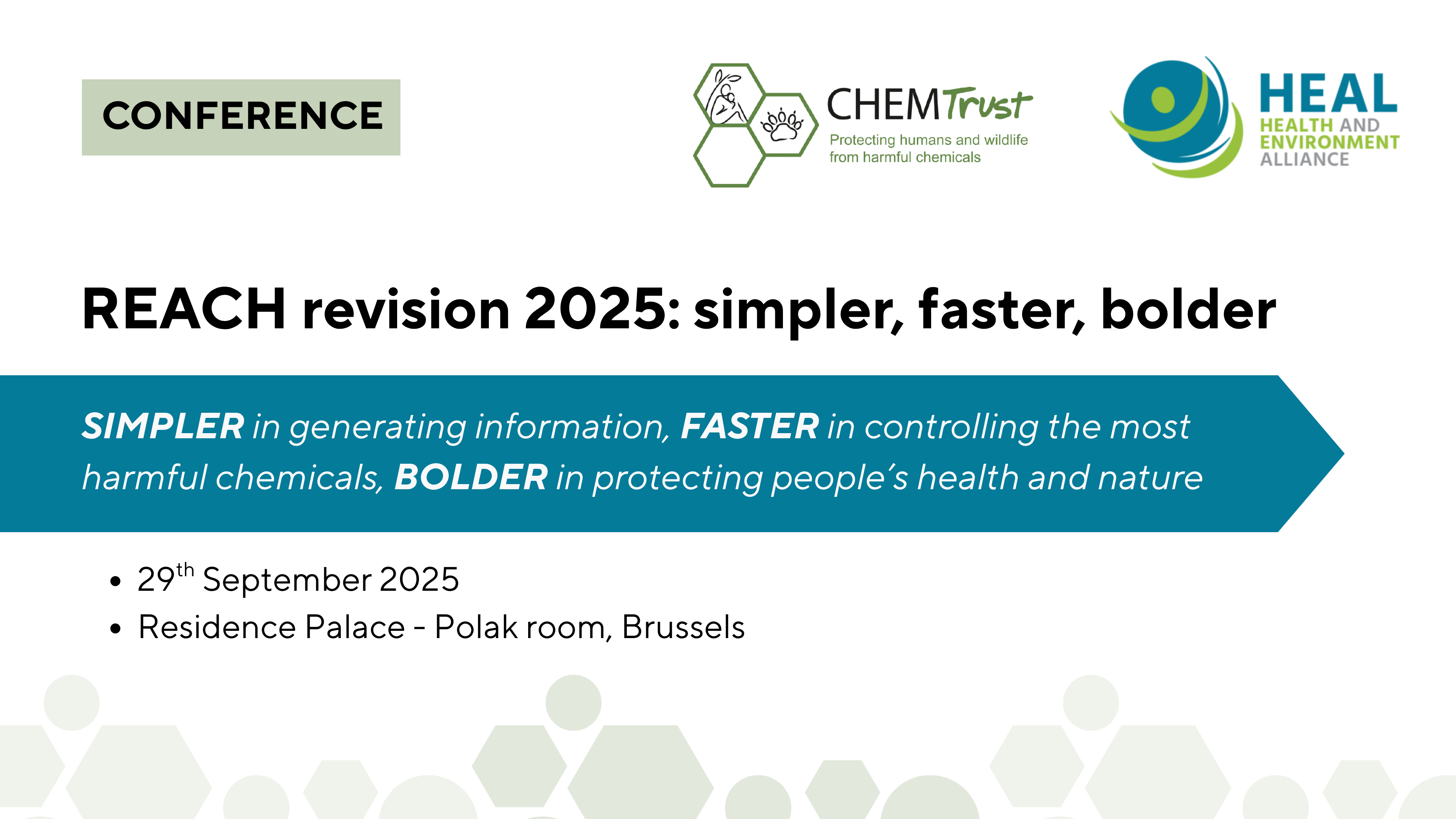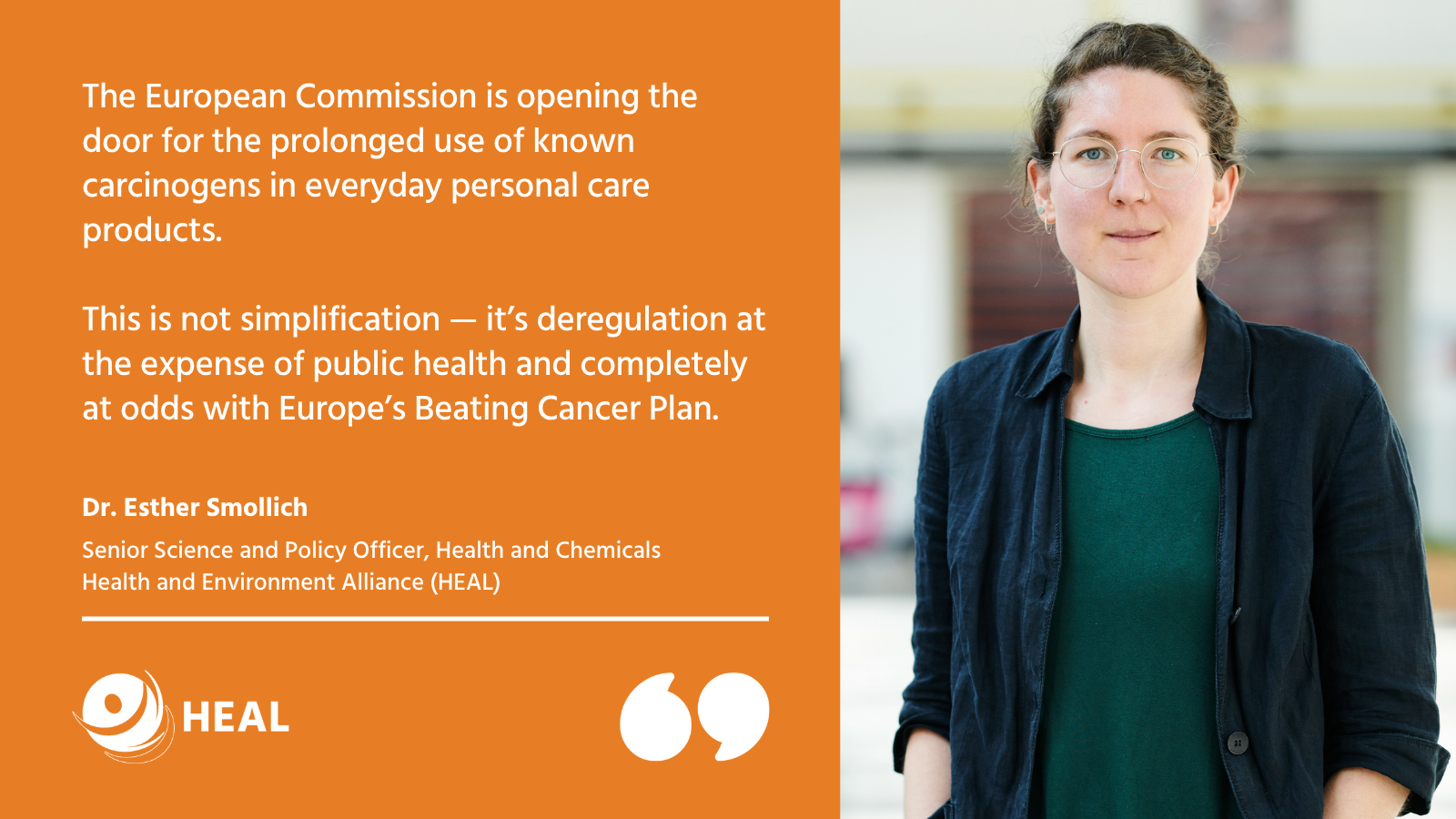HEAL’s First International Conference: Preventing Diseases by Reducing Exposure to Harmful Chemicals
On 10 June 2025, HEAL held an international conference dedicated to the impact of chemicals on health in Warsaw. The event brought together over 350 participants from various sectors – science, medicine, public administration, and non-governmental organiszations.









